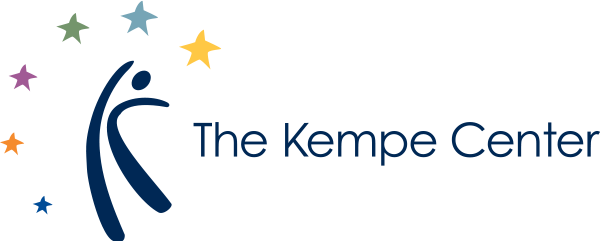Workforce Education and Innovation
As a university center, we contribute to the academic educational mission by teaching and learning alongside learners and professionals of all levels and across many disciplines in partnership with communities, state and local agencies, and health care institutions.
Our educational endeavors are broad in scope and reach thousands of professionals and local leaders across Colorado and the country and at national and international meetings. Continuing education and life-long learning for medical, nursing, child welfare caseworkers, law enforcement and legal professions are a core to our work. Education services in collaboration with other Colorado institutions of higher education, non-profit organizations, and the Colorado Department of Human Services are central to our efforts.
Education & Innovation
Child Welfare Training System
The Center is the home of the Child Welfare Training System for Colorado (CWTS) , where all new workers and supervisors in public child welfare receive education and the latest resources. These include youth services, Families First Prevention Services, the Colorado Trails Data System, and foster, kin and adoptive family resources. Mandatory reporters may receive their online education within the CWTS.
Be Well. Do Well. Stay Awhile.
Human services organizations are in an unprecedented time of burnout, turnover, and challenges in recruiting and retaining staff at every level. To support workforce resilience, the Kempe Center developed an evidence-informed framework and the strategies needed to build a positive work culture that helps to retain an engaged workforce. This organizational intervention was designed to impact the three drivers of workforce resilience: leadership, workplace culture, and simple behaviors individual staff can practice to support their personal resilience.
Occupational stress research has identified practices to manage stress. Positive psychology and neuroscience have identified approaches for thriving. This program combines both to support organizational health.
The focus of the intervention begins at the individual habit level to create a high level of buy-in from staff. Habits allow us to accomplish the important behavioral repertoires that science has proven lead to increased levels of positivity and resilience. Participants will experiment with key behaviors that move their own baseline levels of positivity and resilience to a higher level.
Culture is a complicated blend of values, assumptions, perceptions, attitudes, beliefs, behaviors, and customs. But at the end of the day, it all comes out in the way we interact. In the human services arena, how we interact is largely created and sustained at the supervisor level. And at the heart of all of this: culture, human experience, and interaction, we find psychological safety. The training for this driver therefore centers on the power of psychological safety to build a connected and engaged team.
In order to foster resilience, we must first create the conditions in which resilience can occur. Leadership is ultimately responsible for creating these conditions. Our intervention supports the leadership team to develop the vision, commitment, communication, and planning that allows organizations to move resilience training from well-being programs to longer-term initiatives that define and build the cultures we need in our organizations for resilience to persist. For example, some of the concepts included are the leadership team’s resilience practices, how supervisors and middle managers are supported and empowered to move the vision and strategies forward, and how leadership fosters honest and vulnerable feedback from staff at all levels about the culture.
This is just what is needed now, and as we move our workplaces forward towards being organizations where people want to work.
Contact Kempe Workforce Manager, Dan Comer at [email protected] for more information.
The Care Network
For clinical services, the CARE Network trains and mentors medical and behavioral health providers in recognizing child abuse and neglect and the signs of trauma. We employ diverse and state of the art learning approaches, from large group settings to individualized coaching, remote and in-person. We center people and diverse lived experiences to inform our educational offerings and honor all they bring to the learning experience. We learn as much as we share our knowledge, skills, and capacities. We meet learners where they are and when we are most needed to support their growth and capacity to serve and lead in the mission of ending child abuse and neglect.
The CARE Network was established to increase capacity throughout the state of Colorado by establishing a standardized and coordinated response to suspected cases of child maltreatment. You can join a designated network of providers who are committed to providing quality care for children within their communities. Network providers receive education and training, mentorship, financial reimbursement and other resources.
Medical and Clinical Education
The Kempe Center has a long history of leadership in the field of child maltreatment through the multidisciplinary education of students and professionals working with victims of child abuse.
Fellowships
Child Abuse Pediatrics Fellowship
The University of Colorado School of Medicine Department of Pediatrics, Children’s Hospital Colorado, and the Kempe Center for the Prevention and Treatment of Child Abuse and Neglect, all located on the Anschutz Medical Campus, offer a three-year post-residency Fellowship in Child Abuse Pediatrics. The primary goal of our fellowship program is to train physicians who are board eligible or board certified in pediatrics to become academic and clinical leaders in the subspecialty field of Child Abuse Pediatrics. The fellowship provides in-depth and intensive training clinical care, education and research.
Berger Research Fellowship
In addition, the Kempe Center offers the Berger Research Fellowship, a two-year postdoctoral research fellowship designed to support the career development of professionals who want to become independent investigators in the field of child maltreatment and welfare.
Internships
If you are interested in internship opportunities at Kempe, please fill out the Intern Inquiry form here.



